Home » CNC Machining Materials: Metals and Plastics » PEEK: Custom PEEK CNC Machining Material Supplier in China
Custom PEEK CNC Machining Services in China
Machining High-Performance Polymers for the Most Demanding Aerospace, Medical, and Industrial Applications.
- ISO 9001 & AS9100 Compliant
- Extreme Temperature & Chemical Resistance
- Metal-Replacement Grade
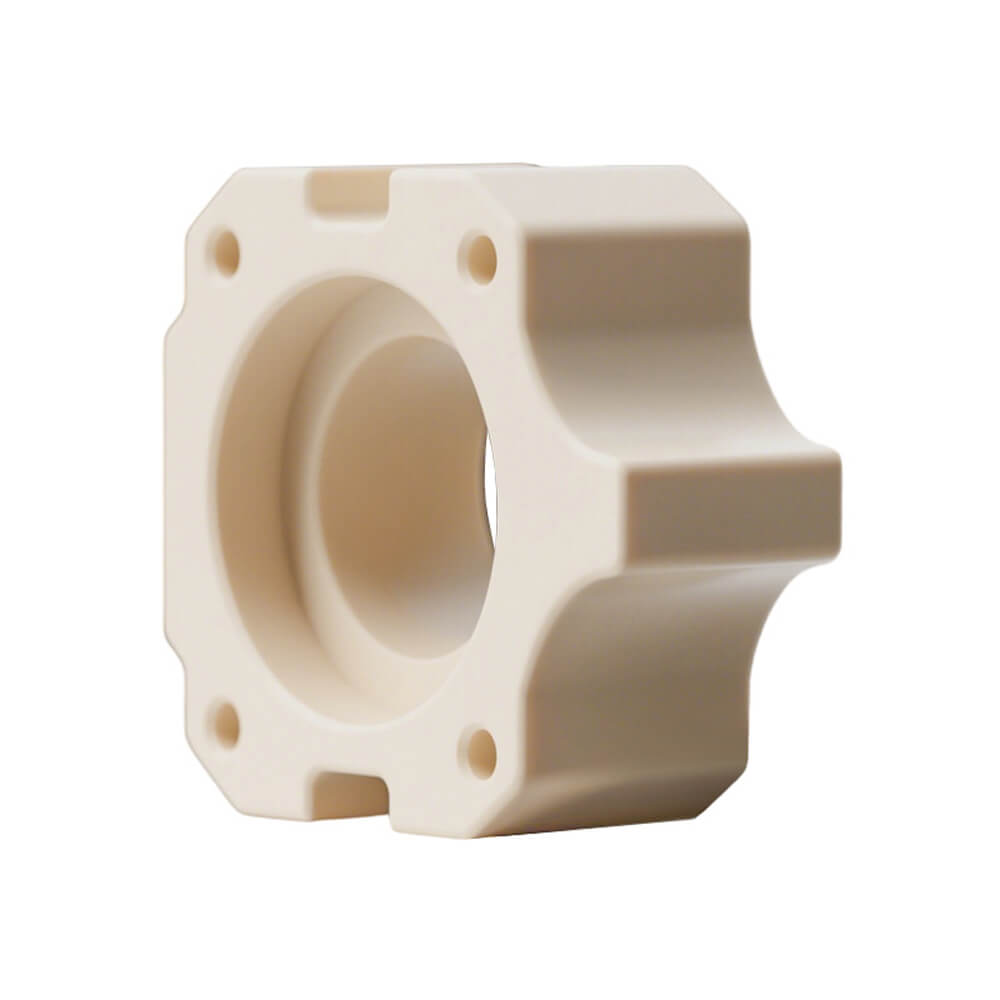

Your Expert Partner for PEEK Machining
Celerity Precision is a specialized, high-precision manufacturer in China with expertise in the CNC machining of PEEK (Polyether Ether Ketone). PEEK is a semi-crystalline, high-performance engineering thermoplastic that stands at the apex of the polymer pyramid. It is renowned for its incredible mechanical strength, exceptional thermal stability, and broad chemical resistance, making it one of the few plastics that can replace metal in the most extreme environments. From mission-critical aerospace components and sterilizable medical devices to downhole oil and gas equipment, machining PEEK requires a high level of precision and process control. Our facility is expertly configured to machine this advanced material to the tightest tolerances, delivering components with unparalleled performance and reliability.
Why Choose PEEK for Your Machined Parts
PEEK is the material of choice when application failure is not an option. It maintains its excellent mechanical properties—high strength, stiffness, and creep resistance—across a very wide range of temperatures, from cryogenic levels up to 250°C (482°F). Its outstanding resistance to harsh chemicals, steam, and radiation further expands its use in demanding industries. While a premium material, its performance justifies its cost in applications where other plastics and even some metals would fail. At Celerity Precision, we use specialized tooling, stress-relieving techniques (annealing), and precise machining parameters to create dimensionally stable, high-integrity PEEK components.
Exceptional High-Temperature Performance
Retains its mechanical properties at continuous service temperatures up to 250°C (482°F).
Outstanding Mechanical Strength & Stiffness
One of the strongest and most rigid thermoplastics available, often used to replace metal.
Superior Chemical Resistance
Inert to a wide range of organic and inorganic chemicals, solvents, and automotive fluids.
Excellent Wear & Fatigue Resistance
Resists wear, abrasion, and failure under cyclic loading, making it ideal for dynamic parts.
Hydrolysis & Steam Resistance
Very low moisture absorption and can withstand repeated sterilization cycles in autoclaves.
Inherent Flame Retardancy
Low flammability and very low smoke and toxic gas emissions when burned.
Unfilled PEEK (Natural/Beige)
This is the standard, general-purpose grade, offering the highest elongation and toughness of all PEEK grades. It is FDA-compliant, making it suitable for many medical and food contact applications.
| Tensile Strength, Yield (MPa) | 100 MPa |
| Elongation at Break (%) | 25% |
| Hardness (Brinnell) | 105 |
| Density (g/cm³) | 1.31 |
30% Glass-Filled PEEK
The addition of glass fibers significantly increases the stiffness, dimensional stability, and creep resistance of the material, making it ideal for high-load structural applications.
| Tensile Strength, Yield (MPa) | 155 MPa |
| Elongation at Break (%) | 2% |
| Hardness (Brinnell) | 109 |
| Density (g/cm³) | 1.51 |
30% Carbon-Filled PEEK
The addition of carbon fibers provides the highest stiffness and strength, excellent wear properties, and higher thermal conductivity than other grades.
| Tensile Strength, Yield (MPa) | 210 MPa |
| Elongation at Break (%) | 1.5% |
| Hardness (Brinnell) | 126 |
| Density (g/cm³) | 1.41 |
Surface Finishing Options for PEEK
Due to its extreme chemical inertness, PEEK is not suitable for most secondary finishing processes. It is overwhelmingly used in its as-machined state.
As Machined
This is the standard and final finish for virtually all PEEK components. It machines to a very clean, smooth, opaque surface. The color varies by grade: unfilled is a creamy beige, glass-filled is a darker tan, and carbon-filled is black.
Polishing
Can be used with specific, highly controlled processes to improve surface finish for some fluidic applications.
Pros and Cons of PEEK CNC Machining
Pros
- Metal-Replacement Performance: The best choice for replacing metals like aluminum and stainless steel in high-temperature, corrosive, or lightweighting applications.
- Performs in Extreme Conditions: Unmatched combination of heat, chemical, and wear resistance.
- Excellent Dimensional Stability: Low moisture absorption and a low coefficient of thermal expansion ensure parts hold tight tolerances.
- Biocompatible: Unfilled PEEK is biocompatible and can be used for medical implants and devices.
Cons
- Very High Cost: PEEK is one of the most expensive polymers, with both high raw material and machining costs.
- Difficult to Machine: Its abrasive nature (especially filled grades) causes rapid tool wear. It also requires careful handling and annealing to manage internal stresses and prevent cracking.
- Lower Impact Strength: While strong, it is a rigid material and not as tough or impact-resistant as polymers like Polycarbonate.
- Poor UV Resistance: Unfilled, natural PEEK has poor resistance to UV radiation and is not recommended for outdoor applications without protection.
Applications of CNC Machined PEEK Parts
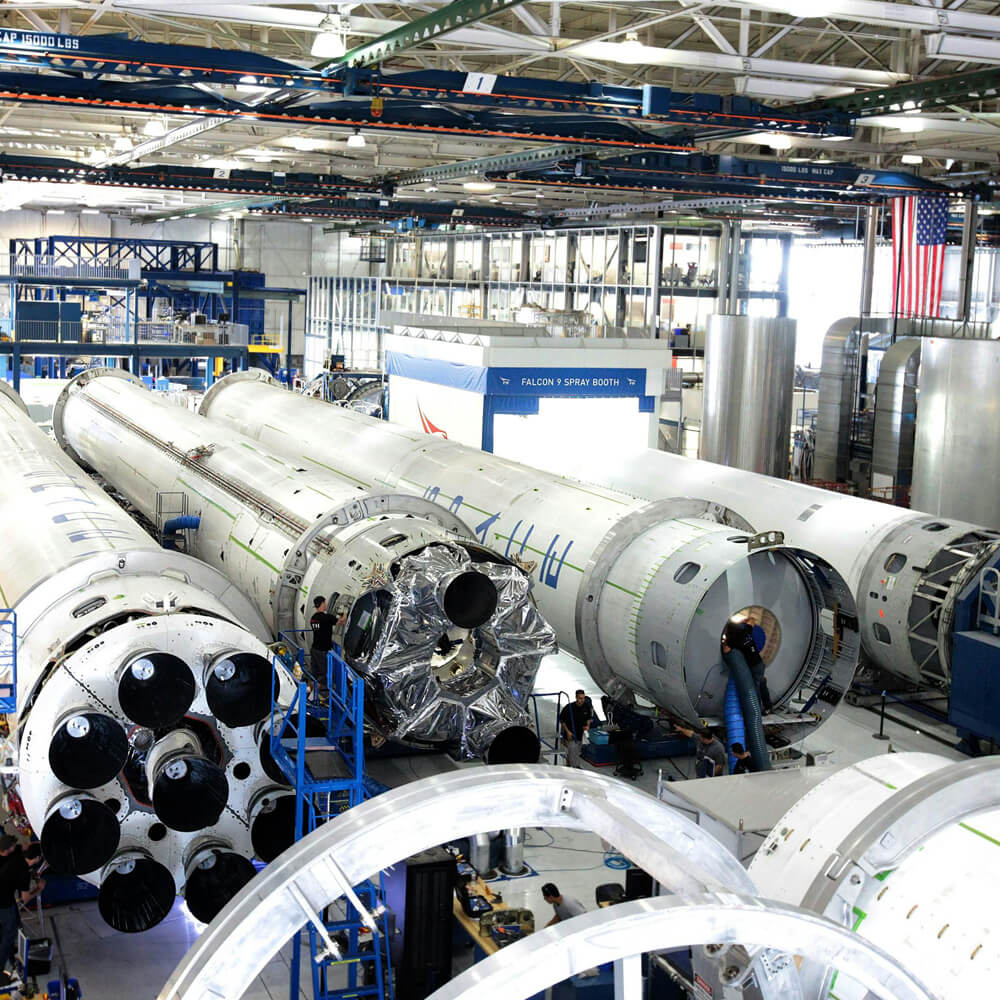
Aerospace
Structural components, electrical insulators, and high-temperature engine components.

Medical
Spinal implants, trauma fixation devices, and reusable surgical instruments that require repeated steam sterilization.
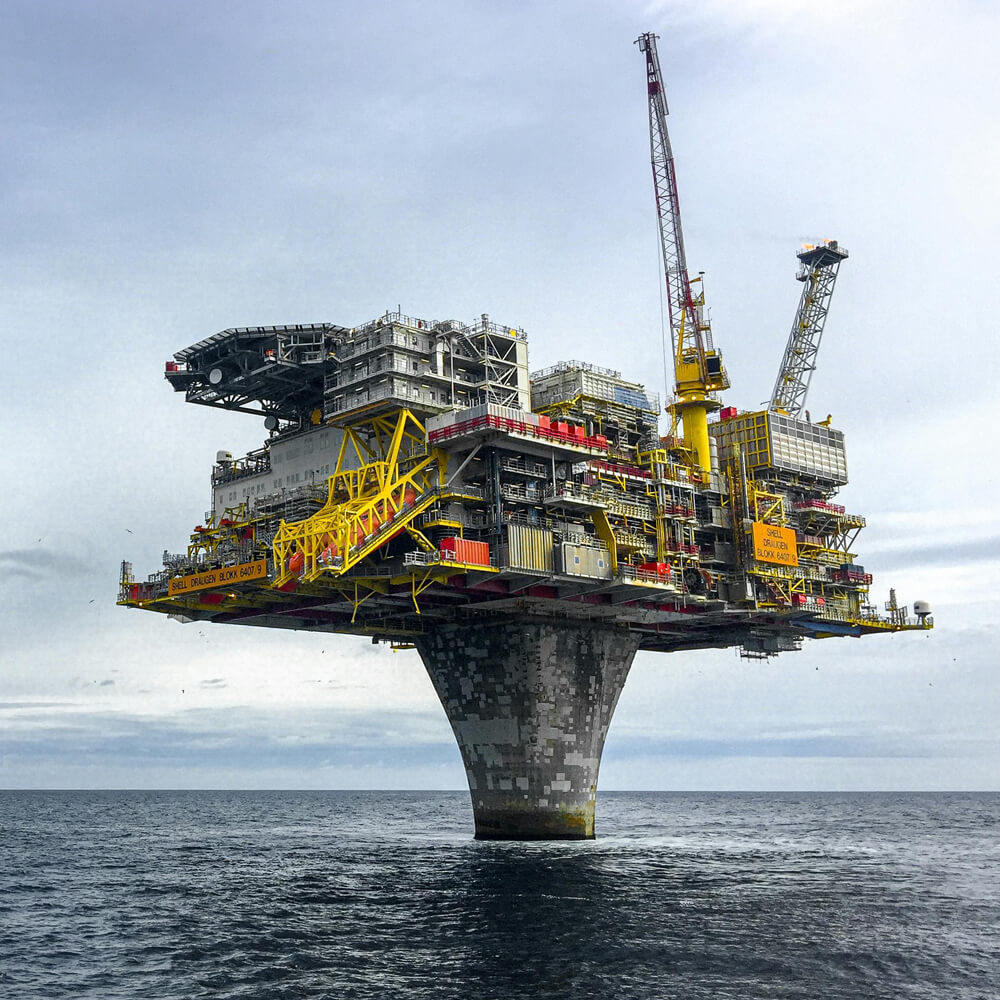
Oil & Gas
Downhole seals, backup rings, and electrical connectors for harsh subsea and drilling environments.
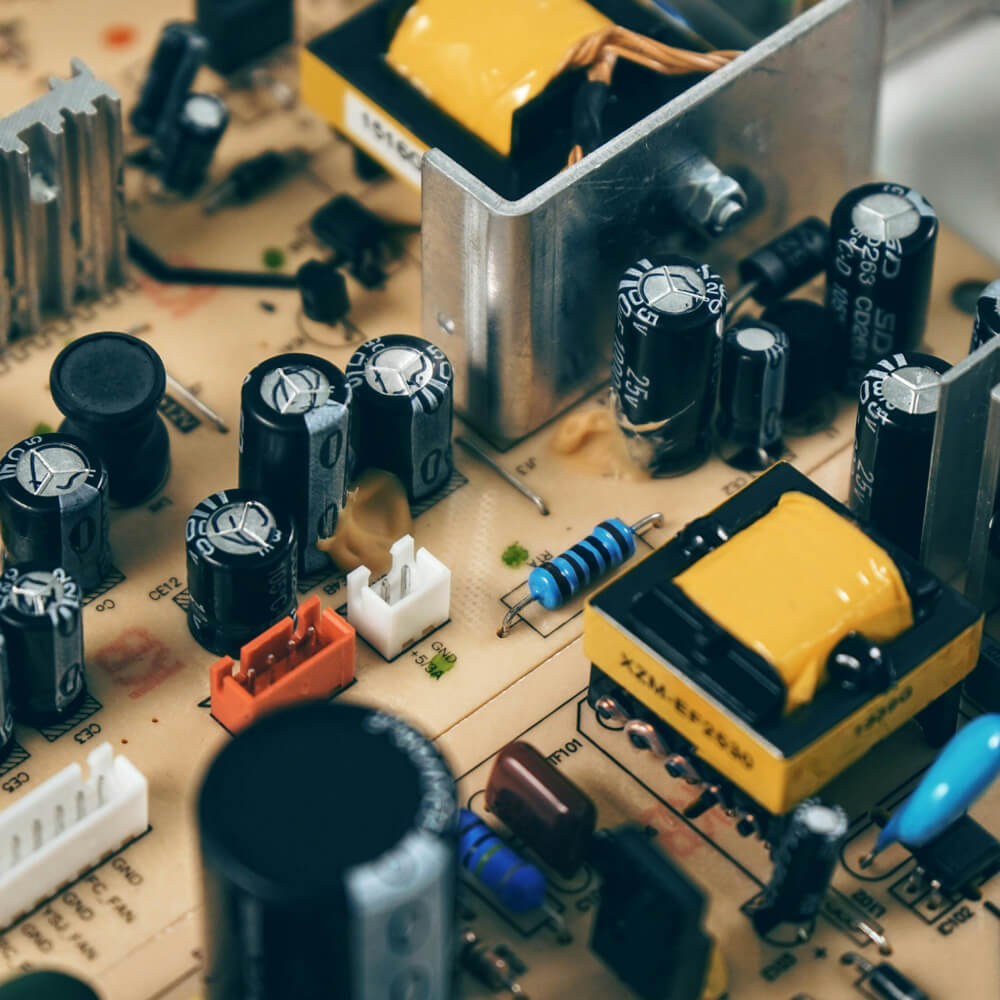
Semiconductor & Electronics
Wafer handling tools, test sockets, and components for vacuum chambers.
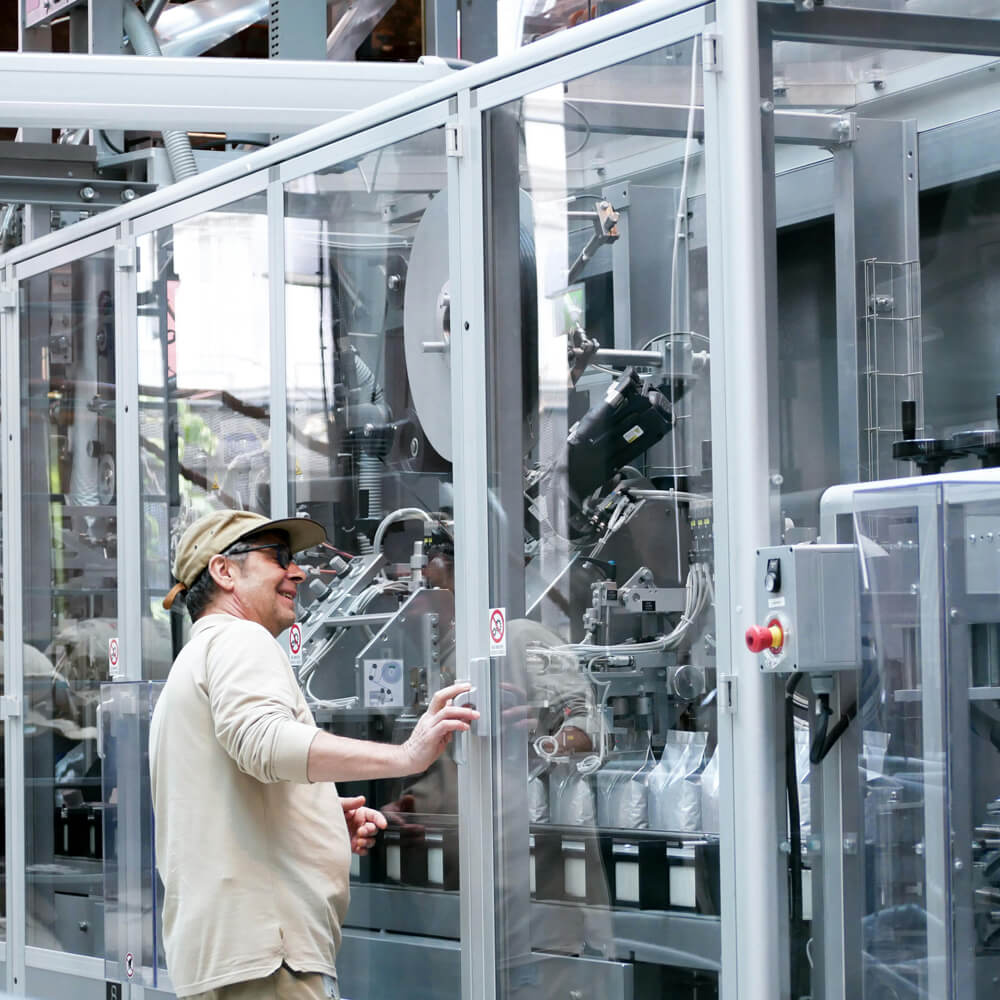
Industrial
High-load bearings, pump gears, and valve seats for corrosive chemical processing.

Automotive
Thrust washers, seal rings, and components for high-performance transmissions and engines.
PEEK Machining FAQ
When should I choose PEEK over other plastics like Delrin or Ultem?
Choose PEEK when your application’s temperature, chemical, or mechanical stress requirements exceed the capabilities of other engineering plastics. If your part operates above 150°C, is exposed to aggressive chemicals, or is under extreme mechanical load, PEEK is likely the right choice.
Why is PEEK so expensive?
The complex process to synthesize the raw polymer makes the material itself expensive. Additionally, it is challenging and abrasive to machine, which leads to longer cycle times and higher tooling costs, contributing to the final part price.
What is the difference between unfilled, glass-filled, and carbon-filled PEEK?
Unfilled PEEK is the toughest and most ductile. Adding glass fibers (glass-filled) dramatically increases stiffness and dimensional stability. Adding carbon fibers (carbon-filled) provides the highest strength, stiffness, and wear resistance.
Does PEEK need to be annealed?
Yes, for high-precision components, annealing is a critical step. This is a heat treatment process that we perform to relieve the internal stresses induced during machining, which prevents the part from warping or cracking over time and ensures dimensional stability.
Is PEEK a good electrical insulator?
Unfilled and glass-filled PEEK are excellent electrical insulators. Carbon-filled PEEK, however, is electrically conductive and is often used for anti-static applications.
Can PEEK be glued or bonded?
Its high chemical resistance makes it difficult to bond. It requires specialized surface preparation and high-performance adhesives like epoxies to achieve a strong bond.
Is PEEK really strong enough to replace metal?
In many applications, yes. While not as strong as steel in absolute terms, its strength-to-weight ratio is excellent. It is often used to replace aluminum, stainless steel, and even titanium where a combination of strength, light weight, and chemical/wear resistance is needed.
What color is PEEK?
Unfilled PEEK is a uniform, opaque tan or beige color. Glass-filled is typically a darker brown, and carbon-filled is black.
